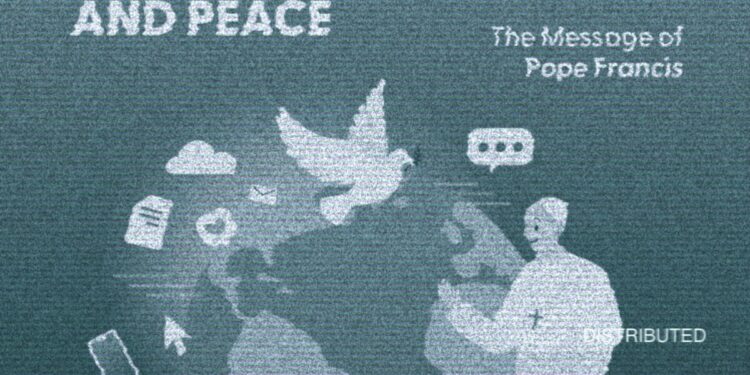Pope Francis recently emphasized the urgent need to address the societal shifts brought about by digital advancements. He particularly points out artificial intelligence (AI). He calls for a global effort to establish a comprehensive international framework governing AI.
In his sermon for the 2024 World Day of Peace, the Pope stressed the necessity for AI to enhance human welfare, minimize harm, and foster peace and justice. This echoes his previous remarks on AI’s ethical use during a UN International Day of Peace event.
Amid AI’s increasing integration into various aspects of life and the challenges it poses, the Pope’s words resonate strongly. He highlights the “profound transformation” of digital technologies in communication, governance, education, personal relationships, and other areas, advocating for responsible management of these changes to protect human rights and promote holistic development.
Cardinal Michael Czerny of the Vatican’s development office starkly described AI as a critical decision point for humanity’s future. Which places the responsibility for its outcomes squarely on our collective shoulders.
AI’s disruptive potential is further evidenced by the Vatican’s recent statement. Pope Francis underscores the expansive influence of AI advancements on human activities and societal structures. He calls for open discourse and responsible stewardship of AI’s development.
See Related: Regulation Hits Generative Artificial Intelligence; Security Concerns And Privacy Cited
The Government’s Perspective On AI
World leaders, including U.S. President Joe Biden and former President Donald Trump, have also been involved in discussions around AI. The topic is particularly regarding the challenges posed by AI-generated deepfakes. The widespread use of these deepfakes, exemplified by a viral altered image of the Pope, led to significant policy changes by the AI platform Midjourney.
Echoing this sentiment, UN Secretary-General António Guterres warned about AI’s misuse in spreading hate and misinformation. He equated AI’s potential risks with those of nuclear warfare.
The U.S. government’s recent initiatives, including collaboration with major AI developers like NVIDIA, IBM, and Adobe, demonstrate a commitment to responsible AI development, a pledge also undertaken by tech giants like OpenAI, Google, and Microsoft.
An international gathering of leaders in the UK at the AI Safety Summit further highlighted the global consensus on the need for safe, transparent, and human-centric AI. The meeting concluded with a declaration to collaborate on these principles.



